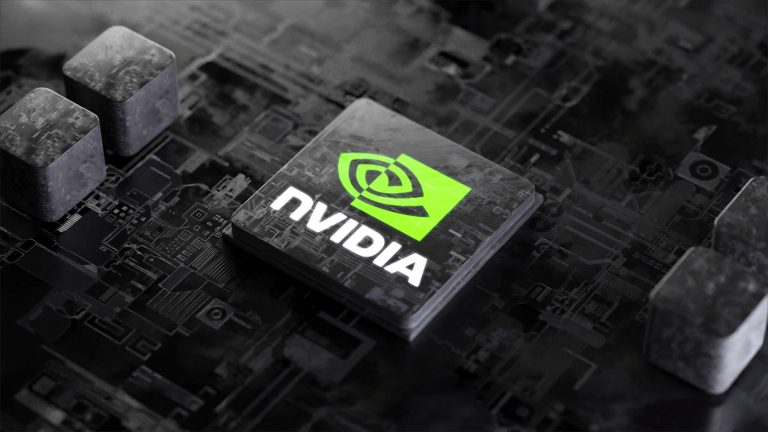
Is this an inflection point for “hardware” companies as Nvidia joins at scale the $1 trillion club? For decades, it has always been a struggle to convince Wall Street that hardware (i.e. broad semiconductor and microelectronics) companies could deliver the alpha. But as the era of AI and autonomous systems emerge with deep level computational requirements, something huge is cooking.
As we say in the industry, before the Likes, Shares, Clicks, etc, a transistor has to be fired. With Nvidia, that firing is hitting the bank accounts, driving valuations for companies which can build the gears to process the huge datasets. We hope the veil is lifted and markets can now see the catalytic roles hardware firms are playing in our advancing knowledge economies.
Nvidia has demonstrated the power of innovation; it has created a new basis of competition with its new microprocessors and industry-leading software to connect them together.
Register for Tekedia Mini-MBA edition 19 (Feb 9 – May 2, 2026): big discounts for early bird.
Tekedia AI in Business Masterclass opens registrations.
Join Tekedia Capital Syndicate and co-invest in great global startups.
Register for Tekedia AI Lab: From Technical Design to Deployment (next edition begins Jan 24 2026).
Nvidia has become the seventh U.S. company to cross the $1 trillion market cap threshold. The chip giant had been flirting with the benchmark for weeks — and even briefly hit it last monthin intraday trading before a pullback — but it finally ended trading above the $1 trillion line on Tuesday. Nvidia’s shares have been turbocharged this year, up 181% because of the artificial intelligence boom. It joins fellow tech giants Apple, Linkedin parent Microsoft, Google parent Alphabet and Amazon in the elite club.
Tesla and Facebook parent Meta have also hit the $1 trillion mark before, but their share prices have since taken a tumble. (LinkedIn News)
Build physical things; yes, atoms can deliver the alpha with major wins.
As that happens, AMD is coming along to challenge Nvidia because everyone has seen where the value is located: AI chips.
As the rise of generative AI fuels demand for processor chips capable of meeting its massive computational demands, Advanced Micro Devices is challenging Nvidia’s market dominance — and setting the stage for an AI-chip war. AMD announced it will start shipping its most advanced generative AI chip, the MI300X, later this year. It hasn’t specified who its clients are, but analysts expect “significant interest” from large cloud providers. AMD will be taking on a resurgent Nvidia, the newest member of the trillion-dollar club, which controls more than 80% of the AI-chip market.
AI to disrupt knowledge jobs
From LinkedIn News: “Generative AI will deliver a big productivity boost in coming decades — and will also disrupt knowledge workers once thought to be immune to automation, according to a new McKinsey & Co report. That study found that the technology could produce up to $4.4 trillion in value annually, about 4.4% of global economic output, with three-quarters of that value coming from generative AI’s use in customer operations, marketing and sales, software engineering and R&D. Higher-wage knowledge jobs in tech, banking and retail are most likely to be impacted.”
---
Connect via my
LinkedIn |
Facebook |
X |
TikTok |
Instagram |
YouTube



It’s a reward for true engineering excellence. For years what we have been seeing in markets isn’t different from how sportsmen and entertainers are hugely rewarded, largely because they are the most visible, not that they are the ones that keep us safe or keep the world going, so the same thing plays out when software companies command multiples of what you get from their hardware counterparts.
Nvidia has been able to distinguish itself because it has a product that powers the most hyped product at the moment, and given that not many manufacturers can play at that level yet, it becomes very difficult to deny it such trophy.
The smartphone explosion years ago could have brought a similar win, but Apple cornered it, coupled with the fact that no single chipmaker had so much dominant influence in smartphones, it made it hard for any particular chipmaker to claim outright win.
At the end of the day, it’s still more rewarding to build products that are enduring over ephemeral stuff, so that even when you don’t win on valuation, at least the world will be perturbed whenever you move the goalpost, because you power the very things that make life easier.